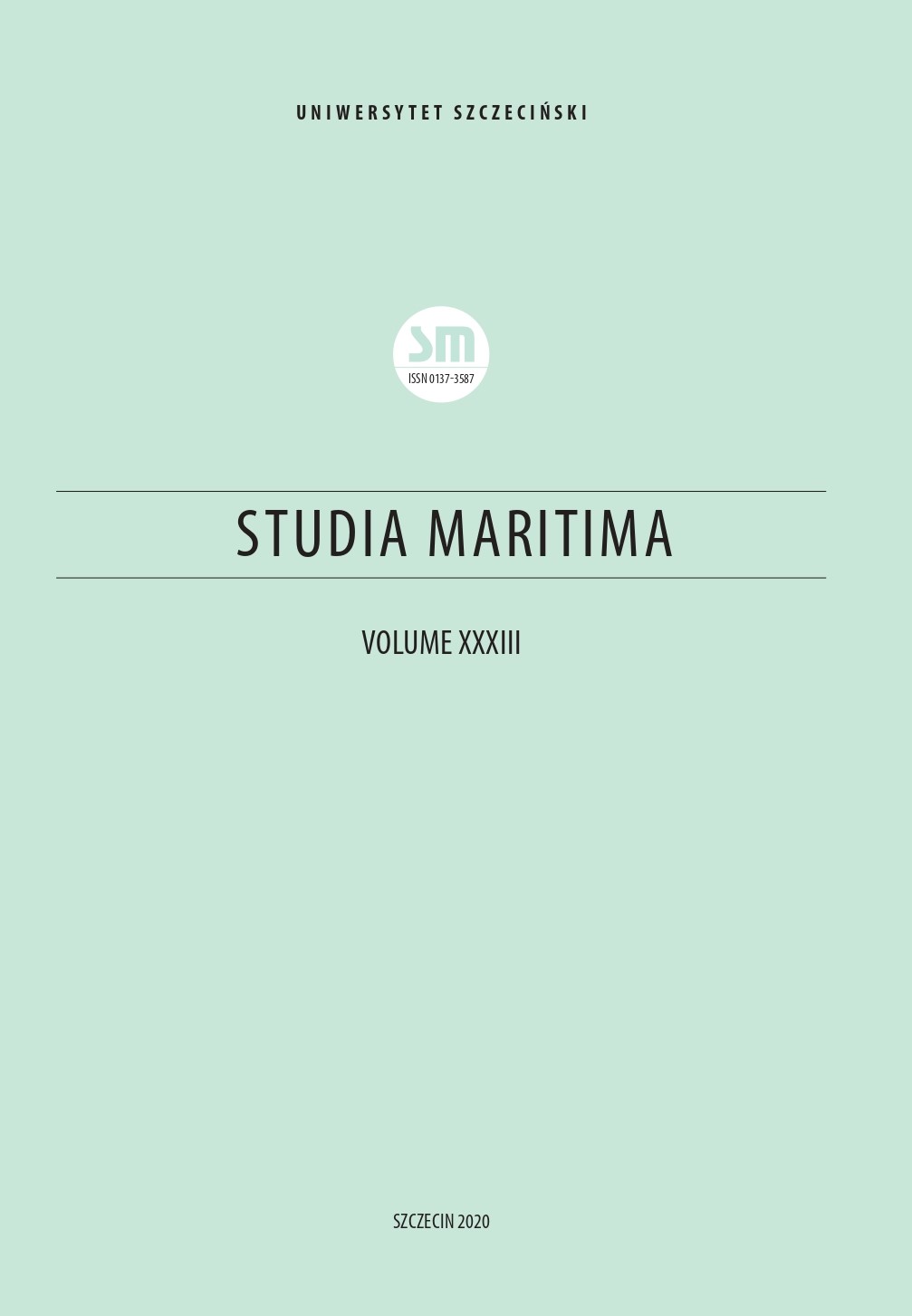Direct supplies of timbers from the southern Baltic region for the Spanish Naval Departments during the second half of the 18th century
Direct supplies of timbers from the southern Baltic region for the Spanish Naval Departments during the second half of the 18th century
Author(s): Rafal ReichertSubject(s): History, Local History / Microhistory, Political history, Modern Age, 18th Century
Published by: Wydawnictwo Naukowe Uniwersytetu Szczecińskiego
Keywords: Spanish shipbuilding; South Baltic region; timber supply; wood commerce; XVIII century
Summary/Abstract: During the 18th century, the European political scene was dominated by the imperialist competition between Great Britain, France and Spain, which took a new course due to the greater development of Royal Navies. This rivalry for the dominion over the world influenced and stimulated the technological, economic and military progress, but, at the same time, this phenomenon provoked a high demand of natural resources (precious metals and raw materials, especially timbers, hemp and canvas) to maintain the operational needs of Royal Navies. The purpose of this paper is to show the importance of forest resources coming from the Southern Baltic (today the territories of Germany, Poland, Russia, and Lithuania) whose abundant forests were the principal source of wood, pitch, hemp and tar, that is, basic products used for building vessels and for keeping them in operation. With this, through the toll registers of the Sund Strait (Denmark) and archive information from Poland and Spain, I am intending to analyze and interpret the evidence of wood supplies from the South Baltic (especially from actual Polish ports in Gdansk and Szczecin) which were sent to the Spanish naval departments during the 18th century in order to demonstrate the importance of those forest sources for the development of Spanish naval power.
Journal: Studia Maritima
- Issue Year: 33/2020
- Issue No: 1
- Page Range: 129-147
- Page Count: 19
- Language: English

